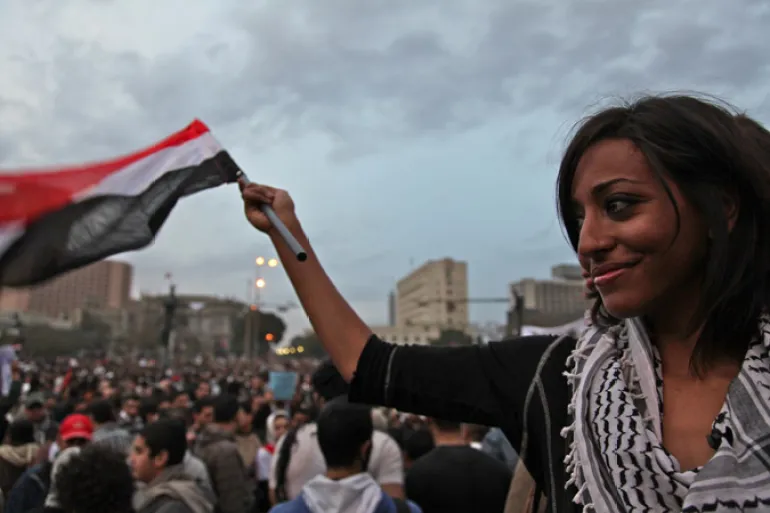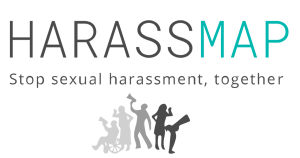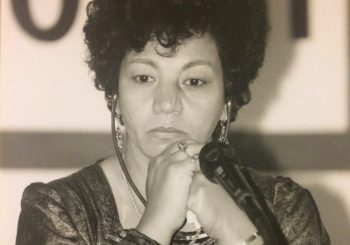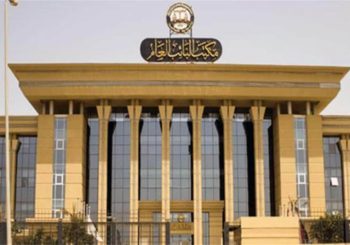According to a 2013 UN Women study, nearly 99 percent of women in Egypt reported experiencing sexual harassment. Harassment is an issue so deeply embedded in society that it has become a part of Egyptian women’s day-to-day life.
A 2014 study by HarassMap, an initiative founded in 2010 that uses SMS reporting and community outreach to combat harassment, found that 95 percent of 300 women surveyed in Greater Cairo faced similar issues.
Although no recent statistics exist on harassment in Egypt, the yearly deployment of police officers in the country’s largest cities during holidays such as Eid and strengthened harassment fines in 2023 indicate that the issue remains prevalent.
Similarly, a 2020 Arab Barometer report reaffirmed that sexual harassment in public spaces remains widespread. Despite ongoing efforts to tackle the issue, harassment continues to be a persistent reality for many Egyptian women, as several viral incidents in recent years have made clear.
One such incident occurred in Old Cairo in July 2024, when a woman jumped from a moving tuk-tuk, fearing assault from the driver. The driver was arrested on 9 July 2024 after she filed a police report. Similarly, in February 2024, Habiba El-Shamaa, an Uber passenger, jumped out of a moving car, fearing she would be kidnapped. The fall caused severe brain damage, and she tragically passed away in March.
These cases highlight how harassment can quickly escalate into dangerous, even life-threatening situations.
While extreme incidents capture public attention, Egyptian women still endure daily harassment, ranging from verbal abuse to unwelcome advances.
Grassroots Movements Against Sexual Harassment
The rise of anti-harassment initiatives in Egypt began in 2012, as social movements sought to tackle the surge in harassment and assault during public holidays like Eid.
Initiatives such as Basma (Imprint), Shoft Taharosh (I saw harassment), and Did El Taharosh (Against harassment) emerged to intervene in crowded spaces like shopping centers and cinemas, where offenders often acted with impunity, largely due to the absence of immediate consequences or law enforcement in public settings.
Around the same time, between 2012 and 2014, anti-harassment civilian groups like Opantish (Operation Anti Sexual Harassment) and Tahrir Bodyguard were formed to combat the mass assaults and rapes that occurred during the Tahrir Square protests between 2011 and 2014.
This wave of activism was largely fueled by the Egyptian revolution, which created new public platforms for women—and society at large—to openly discuss sexual harassment and violence.
One particularly horrific case that gained attention during this period was a 2014 gang rape at Cairo’s Fairmont Hotel, which only resurfaced in the public eye in 2020 when survivors spoke out.
More recently, the 2020 Ahmed Bassam Zaki case, in which over 50 women accused him of harassment and abuse, led to a renewed outcry and inspired even more women to come forward with their stories. In December 2020, Zaki was sentenced to 11 years in prison. This case ignited Egypt’s #MeToo movement, with women using social media to expose harassment, despite the challenges of the COVID-19 pandemic.
These initiatives actively empower women to report harassment while offering essential legal, psychological, and social support.
Speak Up
Founded in 2020, Speak Up is an Egyptian feminist initiative dedicated to helping women facing harassment and violence. The platform offers legal guidance, protection from blackmail, and educates women on the laws that safeguard them. One of its key successes has been advocating for amendments that criminalized Female Genital Mutilation (FGM) in Egypt.
Speak Up also plays a significant role in high-profile cases, such as the case of Michael Fahmy and his wife, Sally Adel, who were accused of serial raping and using the church as a cover for their crimes over a span of 20 years. The prosecution charged Fahmy, a doctor, and his wife with kidnapping and sexually assaulting six minor girls under the guise of medical treatment. Speak Up has received over 70 testimonies from victims of Fahmy’s abuse and continues to be instrumental in bringing the case to Egypt’s prosecution, ensuring that the victims’ voices are heard.
HarassMap
Founded in 2010, HarassMap operates on the belief that collective action can end sexual harassment. It uses an SMS system where victims and witnesses report incidents by messaging 6069, which are then verified and mapped to highlight harassment hotspots.
Volunteers visit these areas for community outreach, raising awareness and reducing tolerance to harassment.
The initiative promotes individual and institutional accountability by encouraging intervention and making role models of those who take a stand, aiming to deter future incidents.
Assault Police
Launched in 2020, Assault Police had a transformative impact on the anti-harassment movement.
It empowered women to break their silence, with many coming forward to share their stories, especially during the high-profile case of Ahmed Bassam Zaki, accused of harassing over 50 women. The initiative shattered the taboo surrounding sexual violence, making it easier for people to speak up. Although Assault Police is no longer active, its long-term effects continue to shape the conversation around harassment in Egypt.
Moreover, other initiatives have also emerged. UN Women launched two key programs in 2013: “Consider Her Your Sister,” an anti-harassment campaign at Kafr El-Sheikh University, and “Start from Home,” which supports women-led small businesses at Zagazig University. Nonprofits like Heya Masr Foundation, founded in 2014, offer self-defense and awareness programs, equipping women with tools to protect themselves. In addition, Speak Up, which remains active, continues to provide crucial support for women facing harassment and violence, offering a platform for legal assistance and guidance, much like Heya Masr and the initiatives launched by UN Women.
Together, these initiatives reflect a growing movement to raise awareness, support victims, and create safer spaces for Egyptian women, driving long-term societal change.











Comments (0)